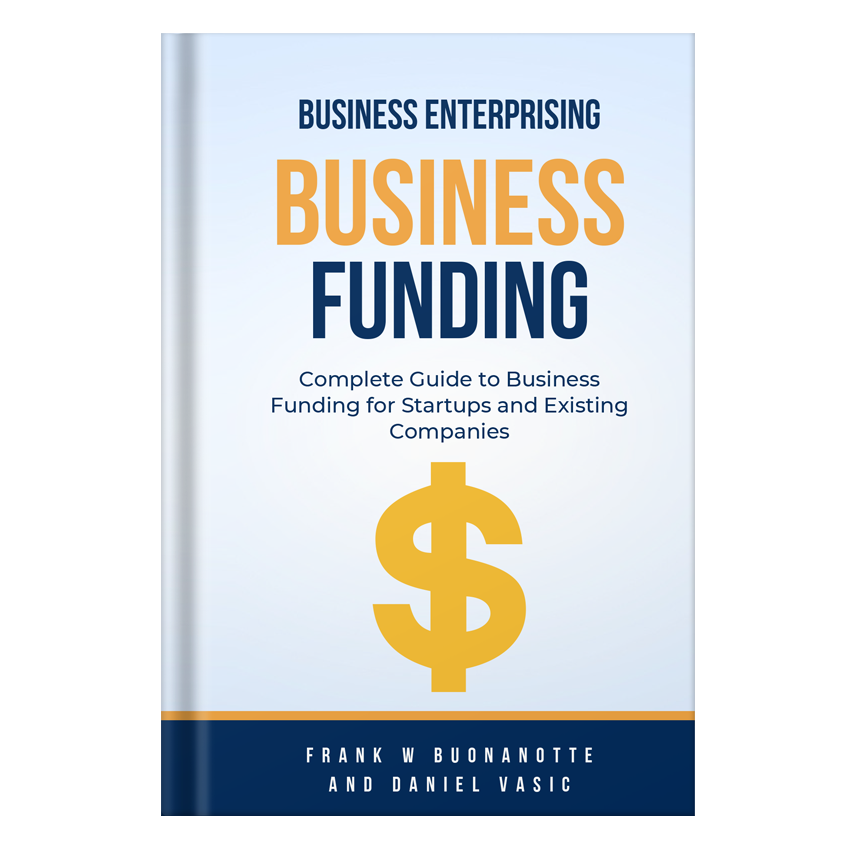Securing funding is a critical step for any startup looking to grow and scale. While traditional financing options like loans and venture capital are available, many entrepreneurs try finding angel investors for early-stage funding. Angel investors are individuals who provide capital to startups in exchange for equity ownership or convertible debt. They often bring valuable industry experience, mentorship, and networks, making them an attractive option for startups. Let’s explore the process of finding angel investors, where to look and how to approach them. We’ll also provide you with strategies to increase your chances of securing investment.
Understanding Angel Investors
Angel investors are typically high-net-worth individuals who invest their personal funds into startups. They are often successful entrepreneurs or executives who have a keen interest in supporting innovative business ideas and also fostering entrepreneurship. Finding Angel Investors isn’t easy. Unlike venture capitalists, who manage pooled funds and invest larger sums, angel investors usually provide smaller amounts of capital at the early stages of a company’s development. This early-stage support can be crucial for startups that need funding to develop their product, hire key team members, or conduct market research.
Angel investors not only provide financial support but also offer mentorship and guidance. Their industry experience and expertise can be invaluable in navigating the challenges of building a business. Additionally, their networks can also open doors to potential customers, partners, and future investors. Understanding the motivations and expectations of angel investors can help entrepreneurs tailor their approach as well as build mutually beneficial relationships.
Where to Find Angel Investors
Finding angel investors requires a proactive approach and leveraging multiple channels. One of the most effective ways to connect with angel investors is through networking. Attending industry conferences, startup events, and networking meetups can provide opportunities to meet potential investors. Many cities have startup incubators and accelerators that host events and programs specifically designed to connect entrepreneurs with investors. Participating in these programs can provide valuable exposure and increase your chances of finding an angel investor.
Online platforms are another valuable resource for finding angel investors. Websites like AngelList, SeedInvest, and Gust connect startups with a global network of angel investors. These platforms allow entrepreneurs to create detailed profiles, showcase their business ideas, and reach out to potential investors. Additionally, social media platforms like LinkedIn can also be used to identify and connect with angel investors. Joining relevant groups and participating in discussions can help build relationships and attract interest from investors.
Angel investor networks and groups are also a significant source of funding for startups. Organizations like the Angel Capital Association (ACA) and regional angel groups bring together individual investors who pool their resources and expertise to invest in startups. These groups often have a structured investment process as well as provide a platform for entrepreneurs to pitch their ideas. Researching and reaching out to local angel groups can increase your chances of finding investors interested in your industry and location.
How to Approach Angel Investors
Approaching angel investors requires careful preparation and a clear strategy. The first step is to create a compelling pitch that clearly articulates your business idea, market opportunity, and growth potential. Your pitch should highlight the problem you are solving, your unique value proposition, and the market demand for your product or service. It is essential to convey your passion and vision for the business while providing concrete data and evidence to support your claims.
A well-prepared business plan is crucial for gaining the trust and confidence of angel investors. Your business plan should include detailed information about your business model, target market, competitive analysis, marketing strategy, and financial projections. Investors want to see that you have a thorough understanding of the market and a clear plan for achieving profitability. Providing realistic as well as well-supported financial projections can help demonstrate the potential return on investment.
Building relationships with potential investors is key to securing funding. Rather than approaching investors with a hard sell, focus on building genuine connections and seeking their advice and feedback. Engaging with investors through networking events, social media, and industry forums can help establish rapport and build trust. Following up with investors after initial meetings and keeping them updated on your progress can demonstrate your commitment and keep them engaged.
Strategies to Increase Your Chances of Securing Investment
Securing investment from angel investors can be competitive, but several strategies can increase your chances of success. One effective strategy is to leverage warm introductions. Having a mutual connection introduce you to an investor can significantly improve your chances of getting their attention. This could be a fellow entrepreneur, a mentor, or a professional contact who knows the investor. Warm introductions carry more weight and credibility than cold outreach.
Another important strategy is to demonstrate traction and progress. Angel investors are more likely to invest in startups that have shown evidence of growth and market validation. This could include metrics such as user acquisition, revenue generation, partnerships, or product development milestones. Providing tangible evidence of your startup’s progress can instill confidence in investors and show that you are capable of executing your business plan.
Additionally, being transparent and realistic about the risks and challenges of your business can build credibility with investors. Angel investors understand that startups come with inherent risks, and being upfront about potential obstacles demonstrates honesty and preparedness. Discussing your strategies for mitigating risks and overcoming challenges can reassure investors that you have a thoughtful approach to managing uncertainties.
Conclusion
Finding angel investors requires a combination of networking, leveraging online platforms, as well as building genuine relationships. By understanding the motivations and expectations of angel investors, entrepreneurs can tailor their approach and increase their chances of securing funding. Creating a compelling pitch, preparing a thorough business plan, and demonstrating traction and progress are essential steps in attracting investment. With dedication and the right strategies, entrepreneurs can successfully connect with angel investors and secure the funding needed to grow their businesses.
In conclusion, angel investors play a vital role in supporting early-stage startups by providing not only capital but also mentorship and valuable networks. By taking a proactive and strategic approach, entrepreneurs can navigate the competitive landscape of startup funding and build strong partnerships with angel investors. As the startup ecosystem continues to evolve, staying informed and adaptable will be key to leveraging the opportunities presented by angel investors and achieving long-term success.

